Day 67 : Deuteronomy 18:15-19
Read Deuteronomy 18:15-19 & Malachi 4
Helpful Background Information:
In Mark 6:14-29, we see that the people were confused about Jesus’ identity. Some thought He was Elijah, and others thought He was “the Prophet” that Moses had spoken about in Deuteronomy 18:15-19. These expectations didn’t come out of nowhere; they came right out of Old Testament prophecy.
First, in Deuteronomy 18:15-19, Moses prophesied that God would raise up a prophet like him from among the people of Israel. This meant someone who would speak God’s words with power, guide the people, and serve as a mediator between them and God just like Moses did. Because of this prophecy, the Jewish people were expecting a great prophet who would come and lead them. Some, like the disciples in John 6:14, saw Jesus as the fulfillment of this promise.
Second, in Malachi 4, there is a prophecy about Elijah’s return before the “great and dreadful day of the LORD.” The Jews believed that Elijah, who had never died but was taken up to heaven (2 Kings 2:11), would come back to prepare the way for the Messiah. This is why people thought Jesus could be Elijah.
Reflection Questions:
How do Deuteronomy 18:15-19 and Malachi 4 help us understand Mark 6:14-29?
In Deuteronomy 18:15, God promises to send a prophet like Moses. How does Jesus fulfill this prophecy? (See also Hebrew 3:1-6)
Malachi 4:5-6 promises that Elijah will come before the “great and dreadful day of the Lord.” John the Baptist partially fulfills this prophecy (Matthew 11:14), but why is there still an expectation of Elijah’s return before Jesus' second coming?
Both Deuteronomy 18 and Malachi 4 end with a call to either listen to God’s messenger or face judgment. How does this connect with Herod’s unwillingness to repent after hearing John’s message?
